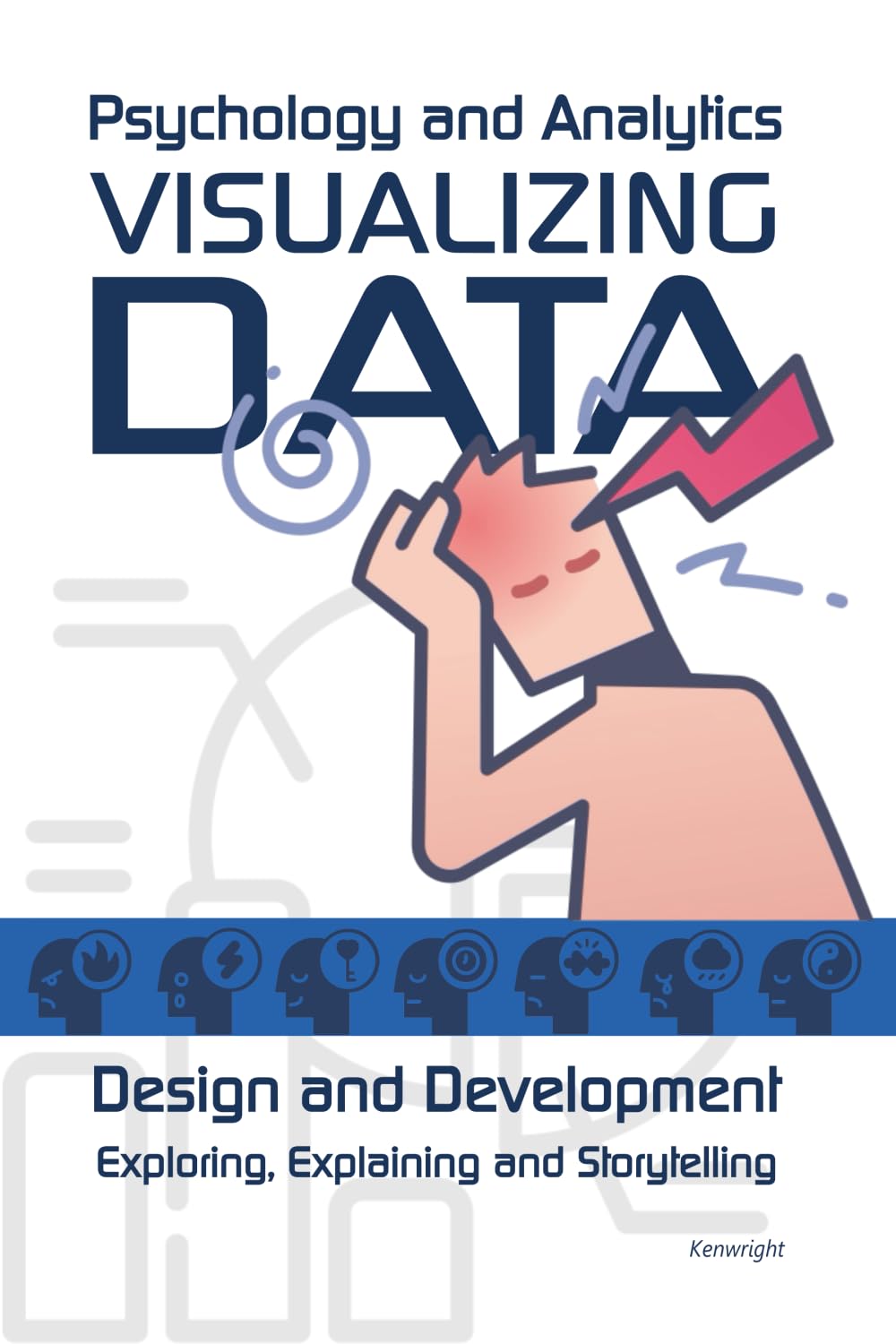
Visualizing Data: Psychology and Analytics - Exploring, Explaining and Storytelling (Paperback)
An empowering journey into data visualization, "Visualizing Data: Psychology and Analytics - Exploring, Explaining and Storytelling (Paperback)" explores its profound influence on the creative disruption. With clarity and enthusiasm, this essential read delivers fresh perspectives and actionable insights that inspire curiosity and spark meaningful progress.



Sarah Johnson
Professional ReviewerThat section was brilliant. I've already applied those techniques with great success in my current projects.
October 17, 2025